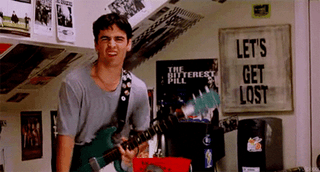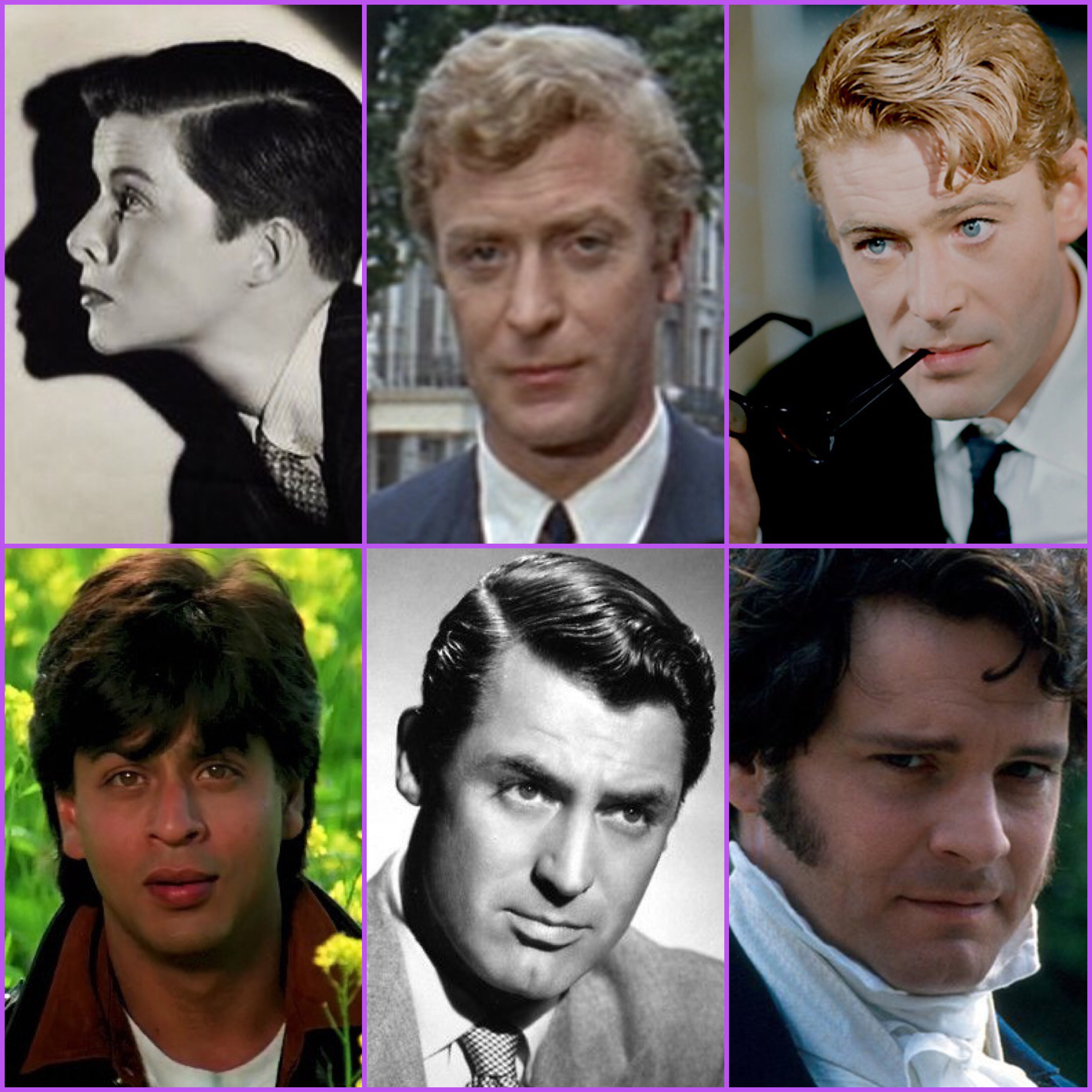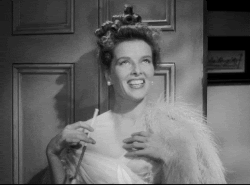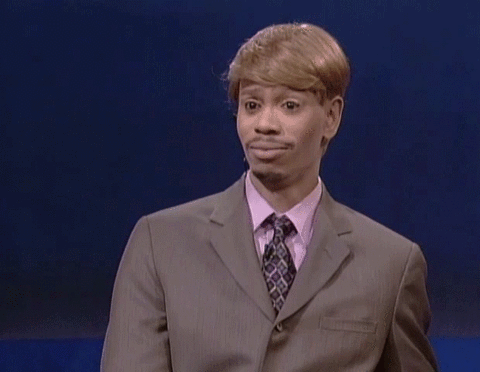Clueless (1995)

There aren’t many adaptations, in any form of media, that can both evoke the themes and character traits of the original material AND be wholly their own entity at the same damn time. Writer/director Amy Heckerling’s Clueless does exactly that as it transports Jane Austen’s Emma (1815) from Regency England to 90s Beverly Hills. At its core, Emma is about how people, more specifically women, navigate through the strictures of social status. Clueless translates this class system to modern times by setting the story in a high school. Not only is high school generally governed by clique groups and social status (SEE: just about every high school movie ever). At the very least, you can expect an intense division between the popular crowd and not so popular people. Clueless is set in a predominantly wealthy Beverly Hills high school, making it even better able to imitate the upper-class world that Emma inhabits in the novel.
Of course, being teenagers in the 90s, there are a lot of differences between the film and the 19th-century novel. For one, marriage is not even a concern for Cher, Dionne, and Tai, whereas it’s the end-all and be-all for their novel counterparts Emma, Mrs. Weston, and Harriet Smith (though not so much for Emma– she is rich enough to not need a husband for security and upper class enough to not desire social advancement).
There aren’t many adaptations, in any form of media, that can both evoke the themes and character traits of the original material AND be wholly their own entity at the same damn time. Writer/director Amy Heckerling’s Clueless does exactly that as it transports Jane Austen’s Emma (1815) from Regency England to 90s Beverly Hills. At its core, Emma is about how people, more specifically women, navigate through the strictures of social status. Clueless translates this class system to modern times by setting the story in a high school. Not only is high school generally governed by clique groups and social status (SEE: just about every high school movie ever). At the very least, you can expect an intense division between the popular crowd and not so popular people. Clueless is set in a predominantly wealthy Beverly Hills high school, making it even better able to imitate the upper-class world that Emma inhabits in the novel.
Of course, being teenagers in the 90s, there are a lot of differences between the film and the 19th-century novel. For one, marriage is not even a concern for Cher, Dionne, and Tai, whereas it’s the end-all and be-all for their novel counterparts Emma, Mrs. Weston, and Harriet Smith (though not so much for Emma– she is rich enough to not need a husband for security and upper class enough to not desire social advancement).
The film does away with the 19th century social mores and limits on women, which colored much of the character interactions in the novel. The girls in Clueless are frank about their sexuality and able to have friendships with men without there being the implication that they are courting. This makes the most positive change in the film possible: the character Christian, Clueless’s version of Frank Churchill. Christian is gay and it’s not a problem– they hint at it a lot in the visuals and Murray’s big reveal in the car is played for laughs (“disco-dancing friend of Dorothy”), but mainly in the sense that Cher was so blinded by her attraction that she didn’t pick up on her friend’s sexuality. It’s not a problem, it’s not overplayed, he’s not some cliche gag character– he’s Cher’s friend. And he stays Cher’s friend, which is more than can be said for Frank Churchill. In the novel, after Frank’s engagement to Jane Fairfax is revealed, he and Emma don’t interact. He’s actually made out to look like a bad guy for not revealing his engagement, like he was playing Emma. But in the movie he’s just a guy who appreciates Cher’s style and wants to be friends, and he ends up being one of her closest friends. There may be unfortunate implications– it may look as if the movie is updating the subtext from “men and women can’t be friends” to “men and women can only be friends if one of them is same-sex attracted”– but I think Cher’s friend group interactions with Murray and her growing friendliness with Travis at the end balance that out.
This film is my favorite adaptation not because it’s my favorite film that was adapted from something else— there are other movies, like The Color Purple (1985), which I must say I love and feel more for when rewatching. But Clueless is special in that it took a property that was almost 200 years old and updated it so that it felt completely contemporary, and it did with such flair that it became iconic. All those teen movies based on classic plays that we were subjected to in the late 90s/early 00s— The Taming of the Shrew (1590/92) dressed as 10 Things I Hate About You (1999), Othello (1565) truncated into O (2001) — wow, Julia Stiles was in both of those?— Pygmalion/She’s All That (1999), A Midsummer Night’s Dream (1595/96)/Get Over It (2001), Romeo and Juliet— Romeo + Juliet! (Not to say that modern day teenagers can’t have a tragic love, but faking your death so you could be together— a girl in the 90s would’ve found another option or another boy.) Let’s not even going to get into Cruel Intentions (1999)/Les Liaisons dangereuses (1782). Not to knock these adaptations (and the countless others that have been done), some of them are fun to watch, but so many of them faded. But not Clueless. It ate up its iconic source material and spat out brilliance. It made the 90s, in fashion, in lingo, and it’s still relevant and entertaining today.






















